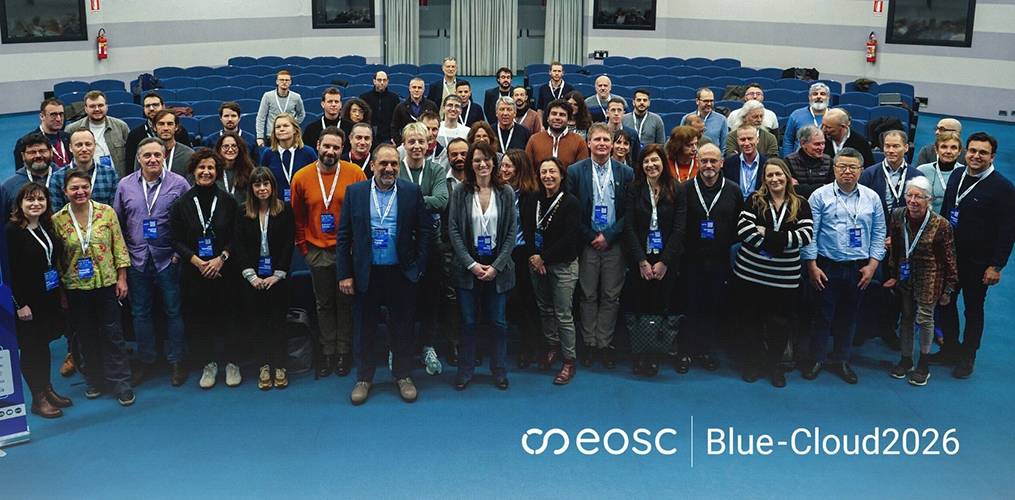
Over the past decades, Europe has developed an impressive capability for aquatic environmental observation, data-handling and sharing, modelling and forecasting. This builds upon national environmental observation and monitoring networks and programmes, complemented with EU infrastructures such as the Copernicus satellite observation programme and related thematic services, the European Marine Observation and Data Network , as well as a range of environmental European RIs and major R&D projects.
Within this framework, since October 2019, the pilot Blue-Cloud project combined both the interests of the European Open Science Cloud (EOSC), aiming to provide a virtual environment with open and seamless access to services for storage, management, analysis and re-use of research data, across borders and disciplines, and the blue research communities by developing a collaborative web-based environment providing simplified access to an unprecedented wealth of multi-disciplinary datasets from observations, analytical services, and computing facilities essential for blue science.
Funded by Horizon Europe, Blue-Cloud 2026 aims at a further evolution of this pilot ecosystem into a Federated European Ecosystem to deliver FAIR & Open data and analytical services, instrumental for deepening research of oceans, EU seas, coastal & inland waters. It develops a thematic marine extension to EOSC for open web-based science, in support of the EU Green Deal, UN SDGs, the EU Destination Earth initiative, and the EU Mission “Restore Our Ocean and Waters by 2030”.
Blue-Cloud 2026 as a key link for EOSC and the Digital Twin of the Ocean
Over the course of 42 months starting in January 2023, the consortium is going to integrate more blue analytical services into the Blue-Cloud Virtual Research Environment, configure new thematic Virtual Labs, improving services for uptake of new data sets from a multitude of data originators and major e-infrastructures, and for discovery and access to their structured data collections.
The existing Blue-Cloud framework is already home to one of the most mature communities in EOSC, and can provide practical examples to younger communities on a variety of aspects ranging from interoperability to data federation, from FAIR practices to cross-domain interaction.
Blue-Cloud 2026 is co-coordinated by CNR and Trust-IT Services, with MARIS as technical coordinator, counting on a core team of partners such as VLIZ (focal point of LifeWatch Belgium), Ifremer, Mercator Ocean International, Seascape Belgium. Overall it mobilises a solid, multidisciplinary, committed team of 40 partners across 13 EU countries. The three-day kick-off meeting in Pisa, Italy, was hosted by CNR (National Research Council of Italy) in collaboration with Trust-IT, and provided the first official opportunity for the consortium to meet in person, take stock of the work performed in the pilot project and plan the key upcoming activities towards a successful implementation of the Blue-Cloud framework by 2026.